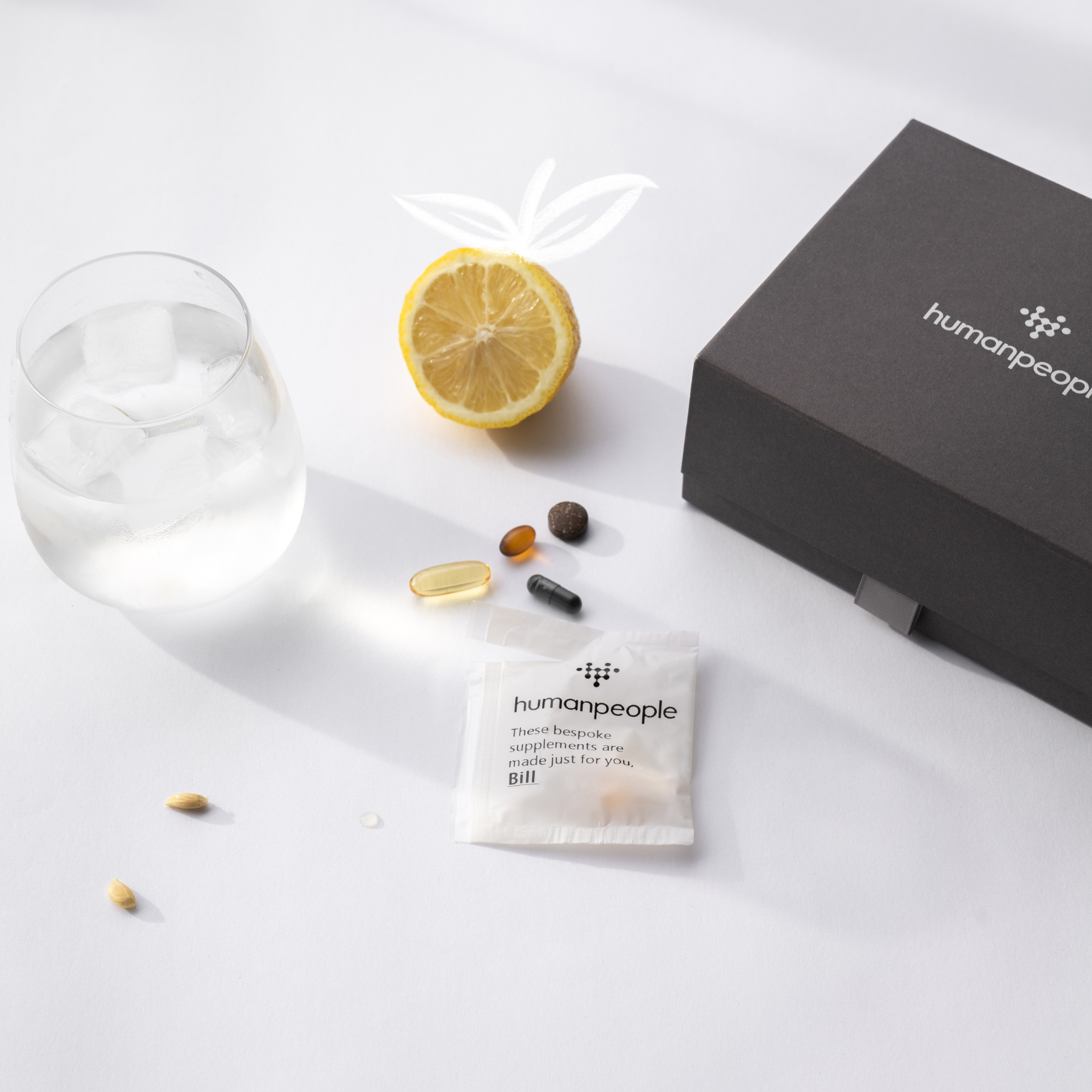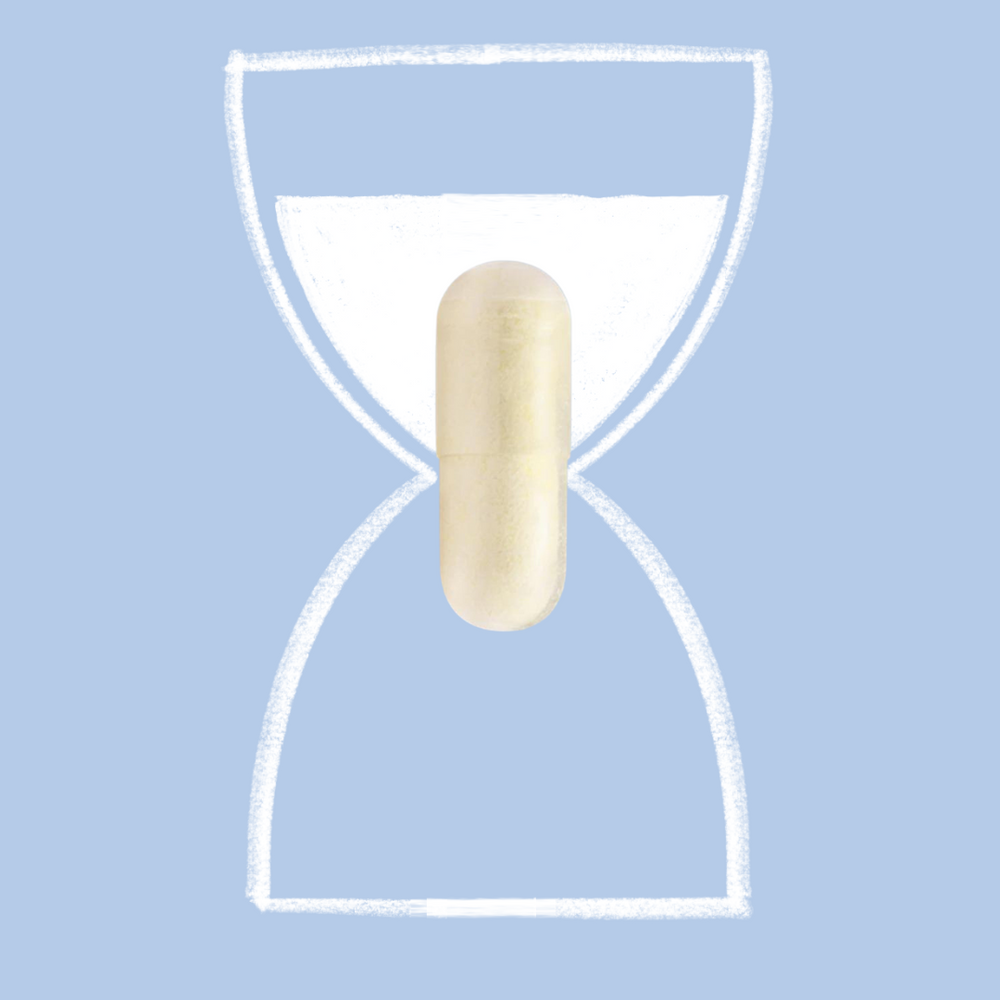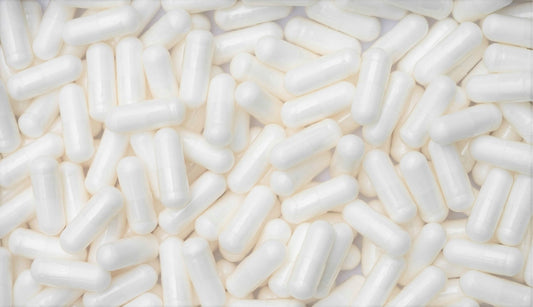Lorem ipsum
1
You have saved personalized supplements. Would you like to add them back to your cart?
£0.00 GBP
Your cart total must be £20.00 or more to proceed.
400mg
• Promotes mental clarity
• Improves sleep and relieves stress & anxiety
• Counteracts unwanted side effects of caffeine
Couldn't load pickup availability
 Non-GMO
Non-GMO
 GMP
GMP
 Gluten Free
Gluten Free
 No fillers
No fillers
L-Theanine is an amino acid that stands out for its unique ability to promote relaxation without sedation. This is in contrast to many relaxation-promoting agents, which often induce drowsiness.
L-Theanine, an amino acid predominantly found in green tea, has captured attention for its unique cognitive-enhancing and relaxation-inducing properties. Through a series of biochemical interactions, L-Theanine promises to deliver a serene state of mind without feeling sleepy, making it an ideal choice for individuals seeking both productivity and relaxation.

Ready, steady and clear
At the centre of L-Theanine's action is its ability to modulate neurotransmitter activity in the brain. One of its fundamental mechanisms is its interaction with glutamate receptors. Glutamate is the primary excitatory neurotransmitter in the brain, promoting alertness and wakefulness. By binding to these receptors, L-Theanine prevents glutamate from exerting its full excitatory effect, leading to a state of relaxation.
Furthermore, L-Theanine supports healthy sleep, not by inducing sleepiness but attenuating the 'mental noise' that can prevent us from falling asleep or enjoying deep, restful sleep.
L-Theanine also synergises with caffeine. While caffeine is a beloved stimulant, its side effects, like jitters or anxiety, are less appreciated. L-Theanine has been observed to mitigate these adverse effects, producing a balanced state of alert relaxation
You may notice a state of focus and healthier, more regular sleep.
Take 1 capsule daily with food and water, unless specified otherwise on the sachet.
It can be taken during the day for relaxation and focus, or in the evening to support sleep.
* Percent Daily Values are based on a 2,000 calorie diet.
† Daily Value not established.
Brown Rice Flour, Gelatine Capsule Shell
Publications you might find interesting

1. Kakuda, T. (2011). Neuroprotective effects of the green tea components theanine and catechins. Biological & Pharmaceutical Bulletin, 34(12), 1860-1865.
2. Owen, G. N., Parnell, H., De Bruin, E. A., & Rycroft, J. A. (2008). The combined effects of L-theanine and caffeine on cognitive performance and mood. Nutritional Neuroscience, 11(4), 193-198.
3. Nobre, A. C., Rao, A., & Owen, G. N. (2008). L-theanine, a natural constituent in tea, and its effect on mental state. Asia Pacific Journal of Clinical Nutrition, 17(S1), 167-168.
4. Kamath, A. B., Wang, L., Das, H., Li, L., Reinhold, V. N., & Bukowski, J. F. (2003). Antigens in tea-beverage prime human Vγ2Vδ2 T cells in vitro and in vivo for memory and nonmemory antibacterial cytokine responses. Proceedings of the National Academy of Sciences, 100(10), 6009-6014.
5. Suzuki, Y., Miyoshi, N., & Isemura, M. (2012). Health-promoting effects of green tea. Proceedings of the Japan Academy, Series B, 88(3), 88-101.

Gain access to your own data driven dashboard, health reports and personalised supplement plans.


• Supports cellular health and longevity
• Boosts NAD function
• Promotes skin health and elasticity

